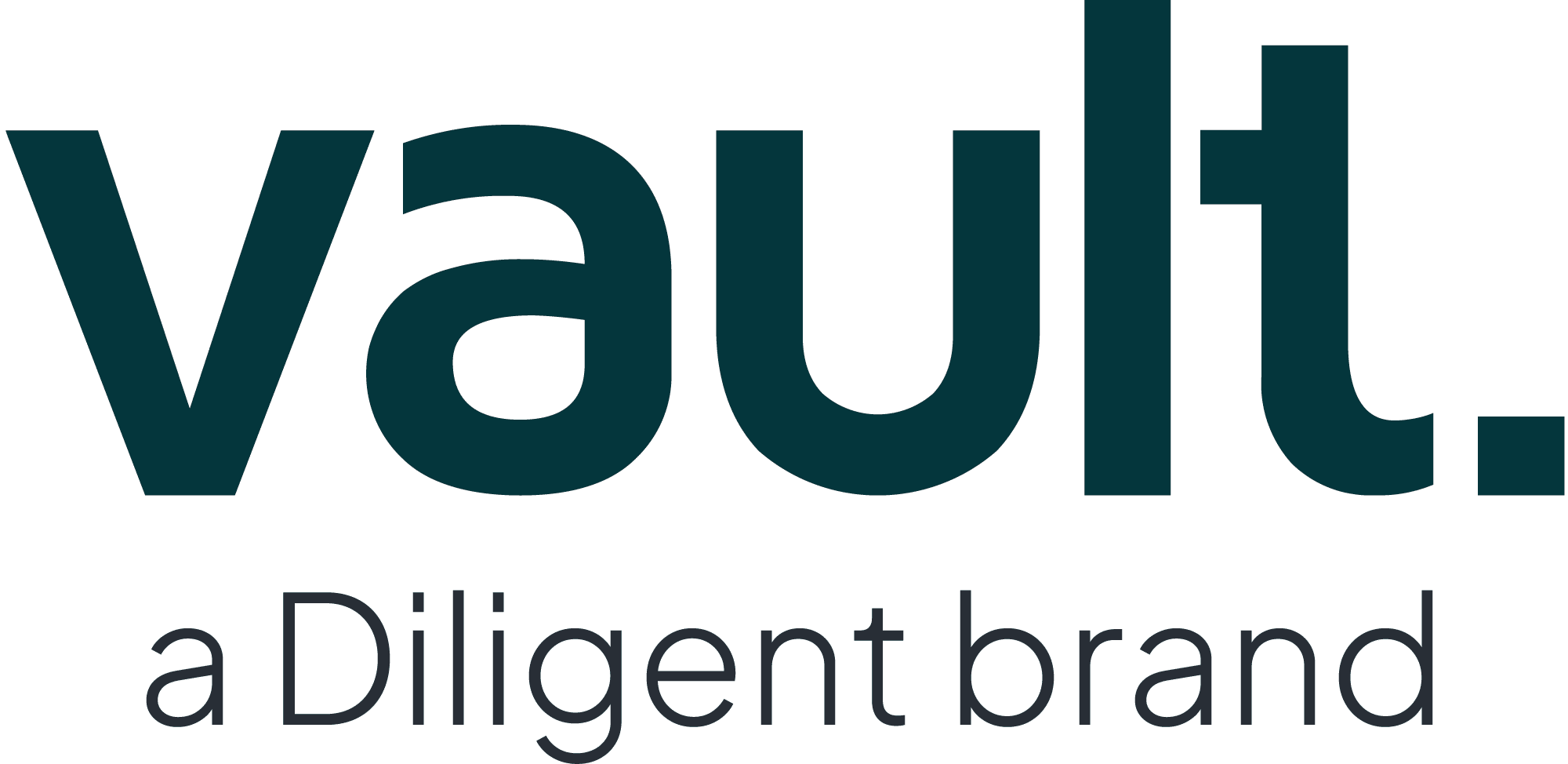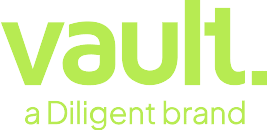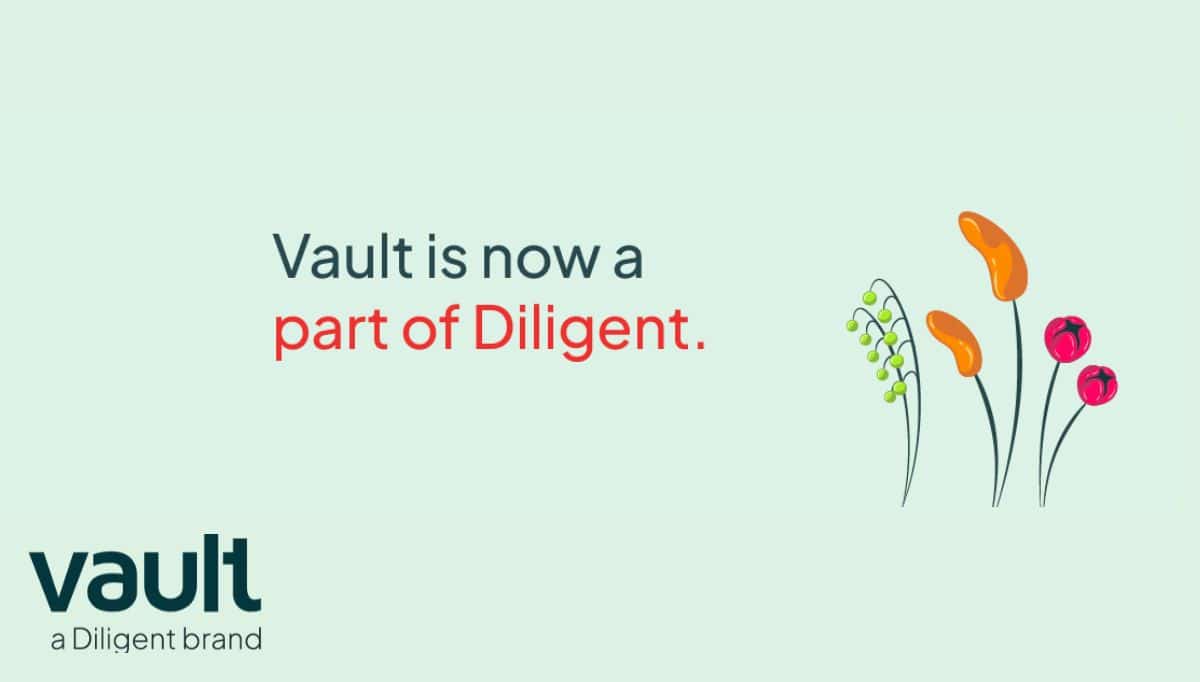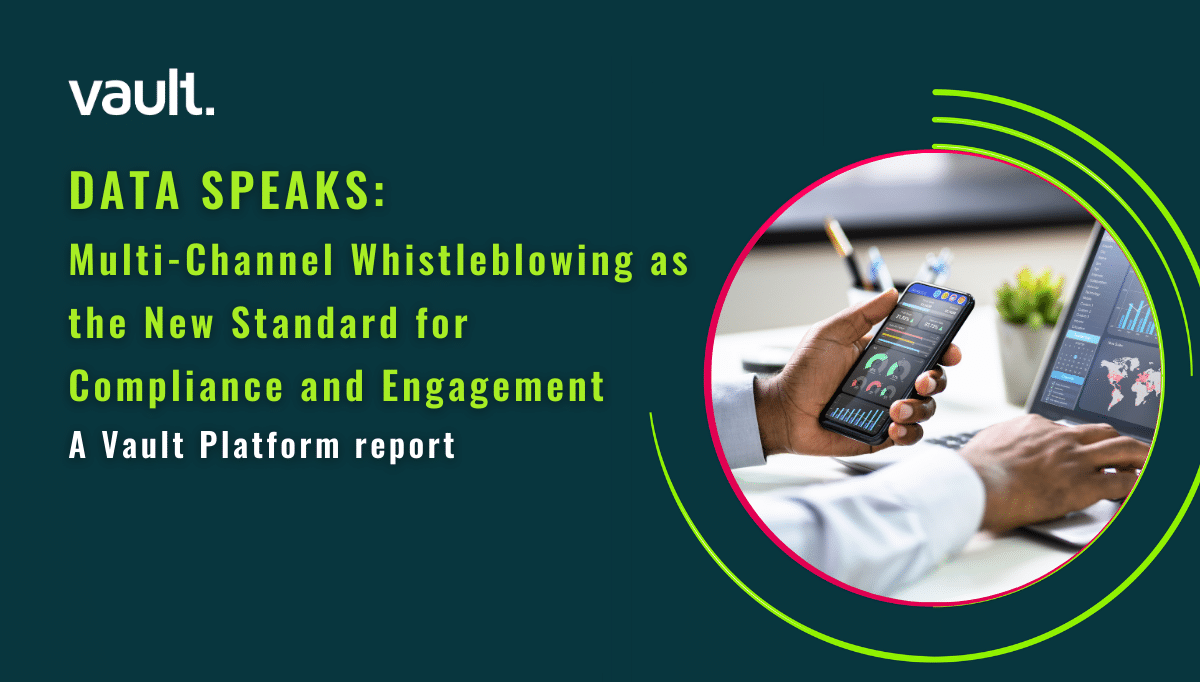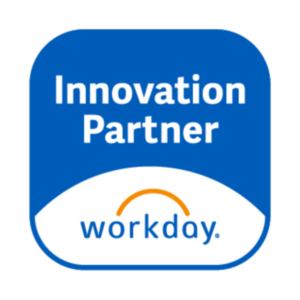Like many other companies, advertising giant M&C Saatchi had a whistleblowing hotline in place for employees to raise concerns about workplace misconduct. But the company’s head of HR found that it was not an effective method for getting employees to Speak Up, leaving the firm vulnerable to unreported risk.
“Our whistleblowing phone line allowed you to leave an anonymous voice message but the issues with that as a reporting system I found is that you can’t help but wonder who that person is and sometimes you get clues to that person’s identity,” said Emily Hawkins, Group People Director at M&C Saatchi. This can raise biases in the case management and resolution process when anonymity is desired.
“Secondly, it’s hard to follow up and ask for any more details,” Hawkins said, referring to a common problem with anonymous hotline reporting and one of the biggest disincentives to reporters themselves. Without acknowledgment of their concern or follow up as to the action taken, employees are not motivated to make reports in the first place.
“Finally, I think it’s difficult to structure your thoughts to provide evidence when leaving a real-time voice message like that. Even sending an email to HR feels quite formal,” Hawkins said, hitting upon other challenges in legacy reporting systems. Employees are dissuaded from making reports, especially about situations that made them feel uncomfortable because there is a perception that the incident needs to be ‘significant’.
Normalize speaking up to encourage internal reporting
This highlights another challenge forward-thinking companies like M&C Saatchi are seeking to address by ‘normalizing’ a culture of speaking up.
According to Hawkins, “We use Vault Platform as an application that allows you to raise your concerns. It was introduced as part of our culture of accountability as something we wanted to bring to the business as part of our continuous Improvement. How can we know where we’re going wrong if we don’t hear what’s going on with our employees?”
M&C Saatchi adopted Vault Platform to enable employees to submit reports via the mobile app either using their name and identifying themselves, or coming forward anonymously and communicating with their case manager confidentially through a secure messaging channel.
“I felt that having the option to be anonymous and still communicate would help encourage people that have worries about any implications if they were to put their names to things,” said Hawkins. “There is a third option called GoTogether which means that you can submit a report and it’s only unlocked by a member of my team if someone else in the workplace makes a report against the same person. The idea being that you might feel more comfortable coming forward about a particular individual if another person has also done so.”
A culture of confidence
Following the impact of COVID-19, M&C Saatchi began to use Vault Platform to field questions from employees concerned about work but not wanting to come forward personally. Such questions included employees on furlough asking if they could work for another employer, through to questions about the process for returning to the office.
In fact, one of the first questions the company received after rolling out the Vault App to employees was a note from an employee who had found significant benefits to working from home who wanted to propose it as a permanent model.
Here, Hawkins has hit upon the main component of a successful Speak Up culture – normalizing the act of reporting by encouraging ‘less significant’ questions, so that when employees need to raise more significant issues they feel comfortable.
“An example might be an employee who is thinking of starting a family but don’t want to ask their manager, so they could anonymously enquire about the maternity or paternity policies relating to their situation,” Hawkins said.
The group head of HR explained that just by having an app on your phone to raise concerns or ask questions meant that that process felt like “less of a big deal” than using a hotline or sending an email to HR or the ethics team.
“I think it gives employees the feeling that we are willing to listen and act and that’s really at the heart of what we are doing in terms of accountability. We are open to hearing what employees say so should an issue come up we’ll know about it quite quickly,” Hawkins said.
